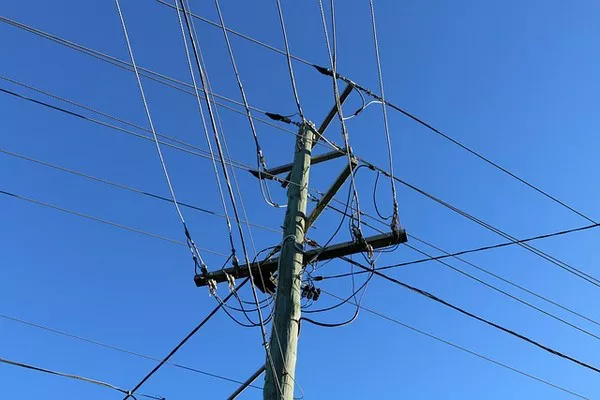Native American tribes and environmental groups are urging the U.S. appeals court to intervene in their request to halt construction along a segment of the SunZia Transmission line, a $10 billion project designed to transport wind-generated electricity from New Mexico to California. The disputed portion of the transmission line, located in southern Arizona’s San Pedro Valley, has sparked concerns over the failure to recognize its cultural significance before project approval in 2015 by the U.S. Interior Department and Bureau of Land Management.
Supporters of the SunZia project highlight its role in advancing President Joe Biden’s agenda to reduce greenhouse gas emissions, aiming to deliver more than 3,500 megawatts of wind power to over 3 million people across a 550-mile (885-kilometer) conduit.
Efforts to halt construction were previously denied by a U.S. district judge pending the court’s consideration of the case. However, on Wednesday, tribes and plaintiffs petitioned the 9th U.S. Circuit Court of Appeals to intervene.
The Tohono O’odham Nation, in particular, has emphasized its commitment to protecting sacred lands, denouncing the federal government’s alleged violation of historic preservation laws. Tribal Chairman Verlon Jose emphasized the gravity of the issue, criticizing renewable energy policies that sanction the destruction of culturally significant landscapes.
The coalition of plaintiffs, including the Tohono O’odham Nation, San Carlos Apache Tribe, Center for Biological Diversity, and Archeology Southwest, initiated legal action in January. They sought a preliminary injunction to halt road and pad clearing to allow further examination of culturally significant sites within an 80.5-kilometer stretch of the San Pedro Valley.
Court documents and arguments presented during a March hearing accused the federal government of misleading the tribes by committing to meet National Historic Preservation Act requirements after already finalizing the project route.
The recent motion argues that the federal government’s interpretation of its obligations under the National Historic Preservation Act and the National Environmental Policy Act in relation to the SunZia project warrants review by the appeals court.
Pattern Energy, the California-based developer overseeing the SunZia project, has countered that halting construction would be detrimental, potentially delaying the delivery of electricity to customers by 2026.
Despite previous judicial rulings recognizing the valley’s significance to tribes, U.S. Judge Jennifer Zipps denied an injunction, citing the plaintiffs’ delay in bringing their claims and affirming that the Bureau of Land Management had fulfilled its obligations regarding historic site identification and cultural resource inventory preparation.
The petition to the appeals court underscores ongoing disputes surrounding the balance between renewable energy development and cultural heritage preservation, reflecting broader challenges in reconciling environmental concerns with infrastructure projects.

